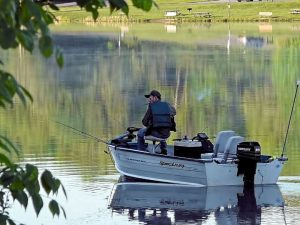 One of the things that you may not know about insuring your boat is that you may want to keep your boat and house insurance separate.
One of the things that you may not know about insuring your boat is that you may want to keep your boat and house insurance separate.
Your homeowners policy may have adequate coverage for your boat, as long as it a smaller size and has a smaller sized engine, probably under 100 horsepower.
You need to ask very similar questions to ones if you were shopping for auto insurance or home insurance.
You need to find out what damages are covered for your boat and how will you be paid. Some policies cover inland waterways such as rivers and lakes, but may not cover in the ocean or along a beach. These factors may impact whether or not your current policy will be sufficient for where and when you plan to use your boat.
Other facts may lead you to purchase an additional insurance policy solely for your boat:
- Value and Condition
- Length and Speed
- Your Primary Residence
- Ownership Length of Time
Types of Boat Insurance:
There are two basic types of boat insurance, how depreciation is handled is what sets them apart:
- Agreed Value
and - Actual Cash Value
An Agreed Value policy covers the boat based on its value when the policy was written. There is no depreciation for a total loss of the boat (some partial losses may be depreciated) , however it can cost more up front.
Actual Cash Value policies cost less up front, but factor in depreciation. So the policy will only pay up to the actual cash value of the boat at the time it is declared a total or partial loss. Your insurer will likely insist on an actual cash value policy, as your boat ages, and if often gives a substantial savings.
Share this with your friends and family and if you are currently looking for new or change your boater’s insurance, give us a call and we can help you find the best coverage and walk you through any questions you have.
